Editor’s note: This piece contains mentions of suicide.
A monumental case entered the Supreme Court of India in mid-October — the plea to legalize same-sex marriage. India’s supreme court rejected the appeal on the basis that the issue needs to first be addressed by Parliament, instead agreeing to establish a panel for discussing queer rights. After decades of hoping for the chance to marry legally, this decision came as a shock to India’s LGBTQ+ community. The only other time this topic was even broadcasted was years earlier, when Prime Minister Narendra Modi’s government argued that same-sex marriage was “an urban elitist concept not worthy of being deliberated by a court of law.” How can marriage equality be deemed urban and elitist when this right is present to all heterosexual couples in India, regardless of caste, creed and other socioeconomic factors?
Recently, more than ever, India is focused on Westernization, where a country adopts practices considered to be “Western,” in turn fostering social progressivism. In other words, India has tirelessly been trying to reform itself to be more like the U.S., both in terms of social and economic policy. However, the U.S. legalized same sex marriage in 2015, creating an environment where all marriages can be embraced and celebrated. If India is so desperate to follow the U.S., why are they so reluctant to legalize same-sex marriage? Why has Westernization become a selective process?
As an Indian who visits my hometown every few years, I’m shocked by the level of Westernization I see. Amid the traditional street markets and tea stalls, American food chains like Domino’s and Subway have begun to appear with queues trailing out of their doors. My cousins in India prefer pizza for dinner over a traditional meal and constantly bombard my sisters and I about our lavish lives in the U.S. — even prefering to converse in English over Tamil. In many ways, they aspire to be Americans. My uncles are fascinated with U.S. politics and crane their heads when they hear my musings about our latest election news. It seems American life is all-engulfing to them. However, the moment LGBTQ + rights come up in conversation, everyone becomes silent.
My liberal arts high school taught me to be culturally aware and open-minded. There, I met people of all denominations, ethnicities and sexualities. At Vanderbilt, I was shocked to meet people who struggled to grasp the importance of sexuality and a non-heteronormative idea of love. I am a firm believer that love knows no boundaries. As someone who has faced the struggle of not being accepted, I know how it feels to be looked down upon for who I love. As a creative writing major in high school, many of my poems were centered around this topic. Here’s one in particular that I always come back to:
a most disastrous collision
the most painful thing
is when the world stands between two people whose worlds are each other
I became engrossed in online articles that shed light on the Indian community’s response to the case and how truly heartbreaking the decisions were for the LGBTQ+ community. In the heat of these debates, one tragedy impacted me deeply: two lovers — Asha Thakor, 30, and Bhavna Thakor, 28 — died by suicide along with Asha’s three-year-old daughter. Before the two women jumped into the water, they left a message written in Gujarati with red lipstick on a wall along the riverfront that read, “We are leaving the world which will never allow us to be one.” As I learned more about the devastation citizens felt, I became more and more disturbed at the treatment that the Indian LGBTQ+ community continues to endure. The same article features a quote that allowed me delve into what the passing of the law really entails: “Marriage is not merely social recognition. It is also protection from violence to the most vulnerable. Denial of this protection is a much bigger issue, which impacts the most marginalized.” Marriage equality has inadvertently become the gateway to ensuring equal rights for all of India’s LGBTQ+ community. Without this basic right, how can they ever expect to see a decrease in discrimination and a feeling of belonging in their country?
India’s fight, after all, isn’t just about marriage; it’s about being accepted for who you love. I struggle to understand the crime in expressing yourself and loving whomever you want, yet we’ve seen it throughout history time and time again. How many more innocent people will be targeted, murdered and marked as criminals or sinners simply because their identities stray away from societal norms?
Moreover, the rights of transgender Indians are also under threat. Despite all the progress made fighting for equal rights, trans women in India are still looked down upon for the professions they commonly choose to pursue, such as street-dancers, performers and most widely-known, sex workers. Four out of five transgender Indians are either engaged in sex work or unemployed — many of whom face gender-based violence in their line of work. I was drawn to the story of a trans sex worker named Radhika, who shared the physical and mental abuse she faced for her gender identity.
“Ever since I was a little girl, I learned the world runs on money,” Radhika said in the New York Times article. “I learned that if I don’t have money, I don’t exist.’’
She clearly understood that she was being treated as a spectacle to society and therefore had to fit the mold by earning enough to have the right to exist freely. Additionally, many men in India are more than willing to pay for sex work from trans women, yet hesitant to marry and bring them into their lives. They strip these women of hope for a secure marriage and conceal them from the rest of their lives. How can we ever expect to ingrain trans individuals a place in our society, when they struggle to be accepted in their own families and relationships? This, to me, is an interesting idea; some of the same men who claim that their masculinities are threatened by marrying trans women will happily pay for sex work from them.
When trans women are labeled as social pariahs, how can we expect to see further advancements in LGBTQ+ rights? The problem lies in the fact that people still treat someone’s sexuality or gender identity as a choice. I believe the real problem here is ignorance — not only the lack of understanding, but the unwillingness to open one’s mind to new ideas.
Why should Vanderbilt students care about the rights of a population across the world from us? Not all international students here come from countries as progressive and open-minded as the U.S. It is up to us to create safe spaces for those who are still adjusting to their newfound freedom and to educate ourselves about social issues occurring in other countries. The U.S. clearly has a lot to work on, but when it comes to LGBTQ+ rights, the country has taken a noticeable stride. India is trying so hard to be like the U.S., but it can’t be successful while also being so selective in its Westernization. It’s tiring to see conservatism and the East as being inextricably linked. I applaud India for trying to take a step forward in its various advancements. However, it can’t just stop there.
For as long as stubbornness and xenophobia remain present in Indian society, we can never expect to see change. Sure, Westernization will bring hundreds more Domino’s locations in every Indian city. Sure, more advanced locomotives will be bustling throughout the country. Sure, even inter-religion and inter-caste marriages will become more prevalent. If all these beautiful changes are happening, why is it so difficult to grant marriage equality for all?



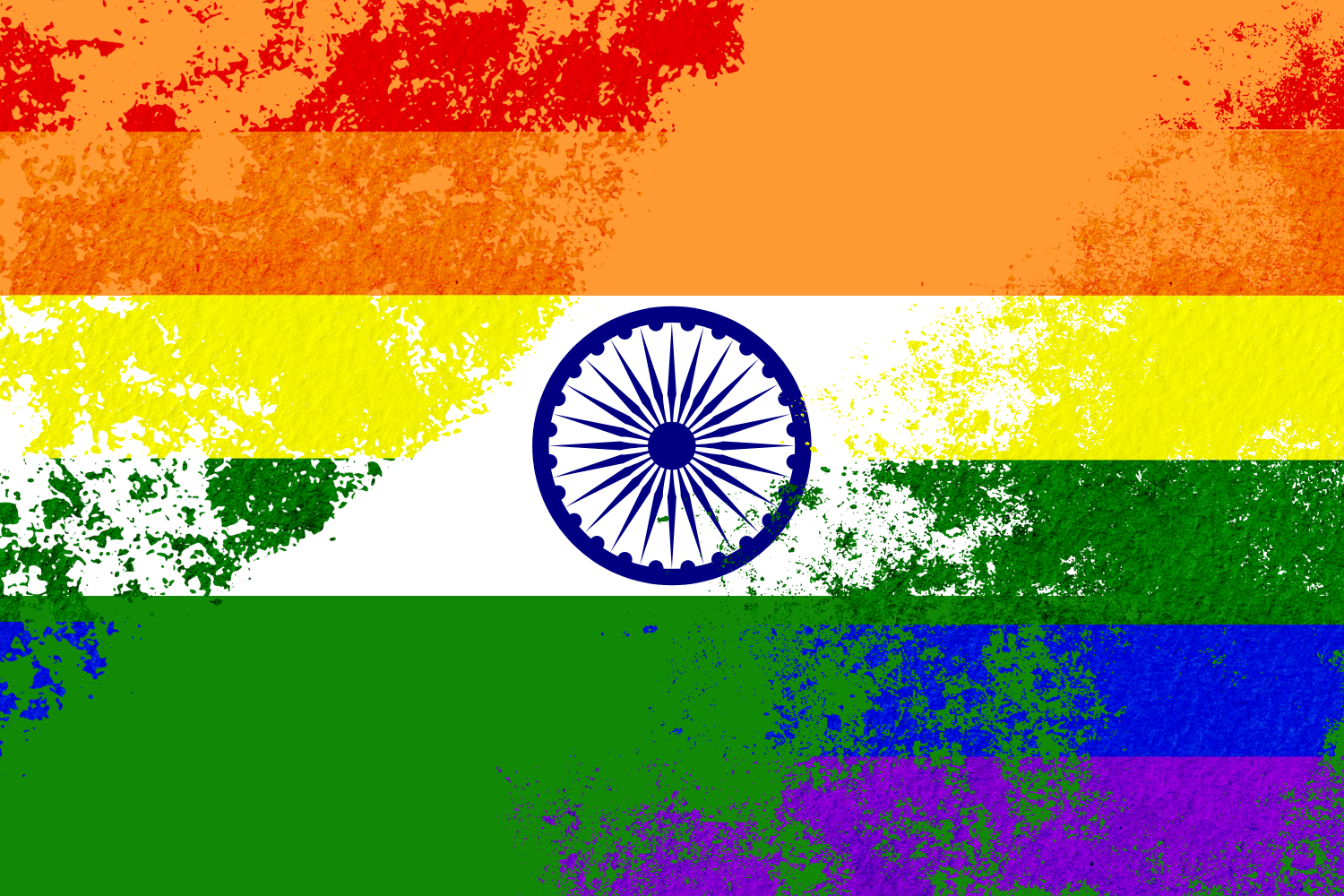
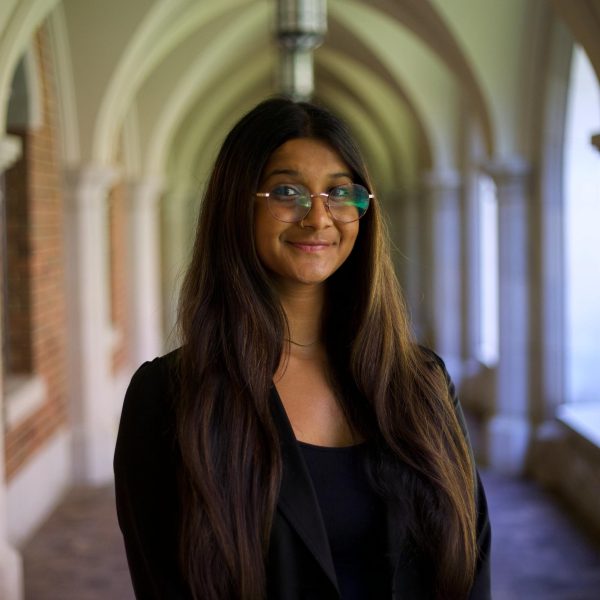


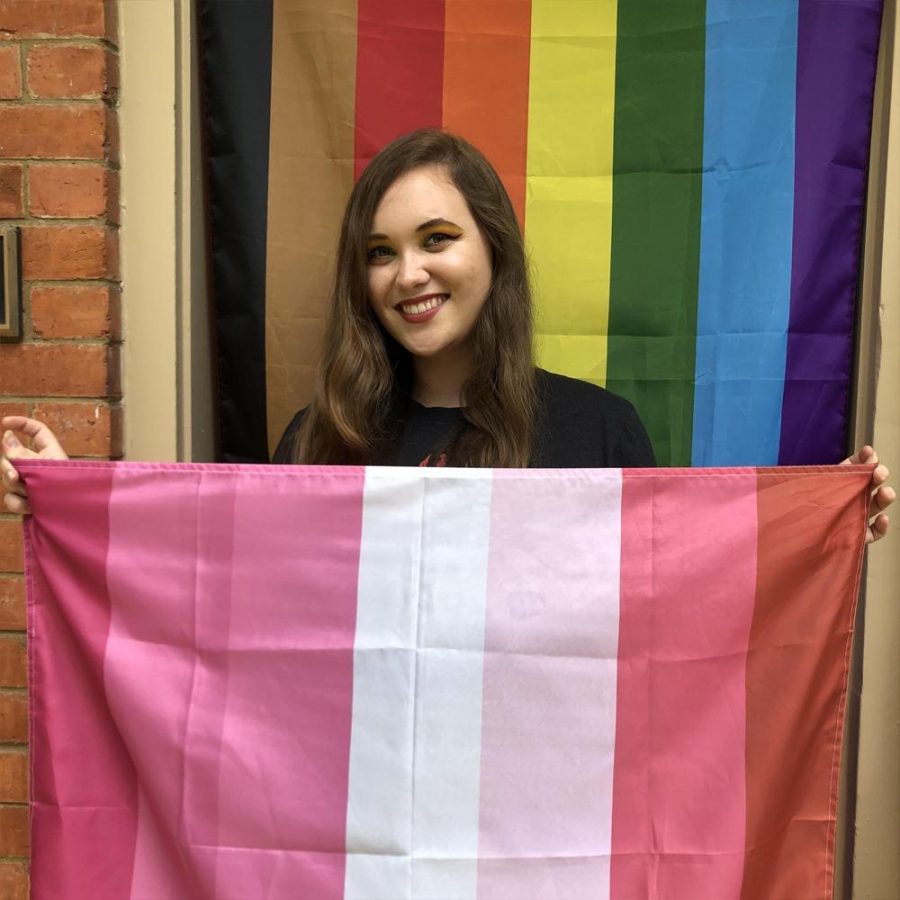
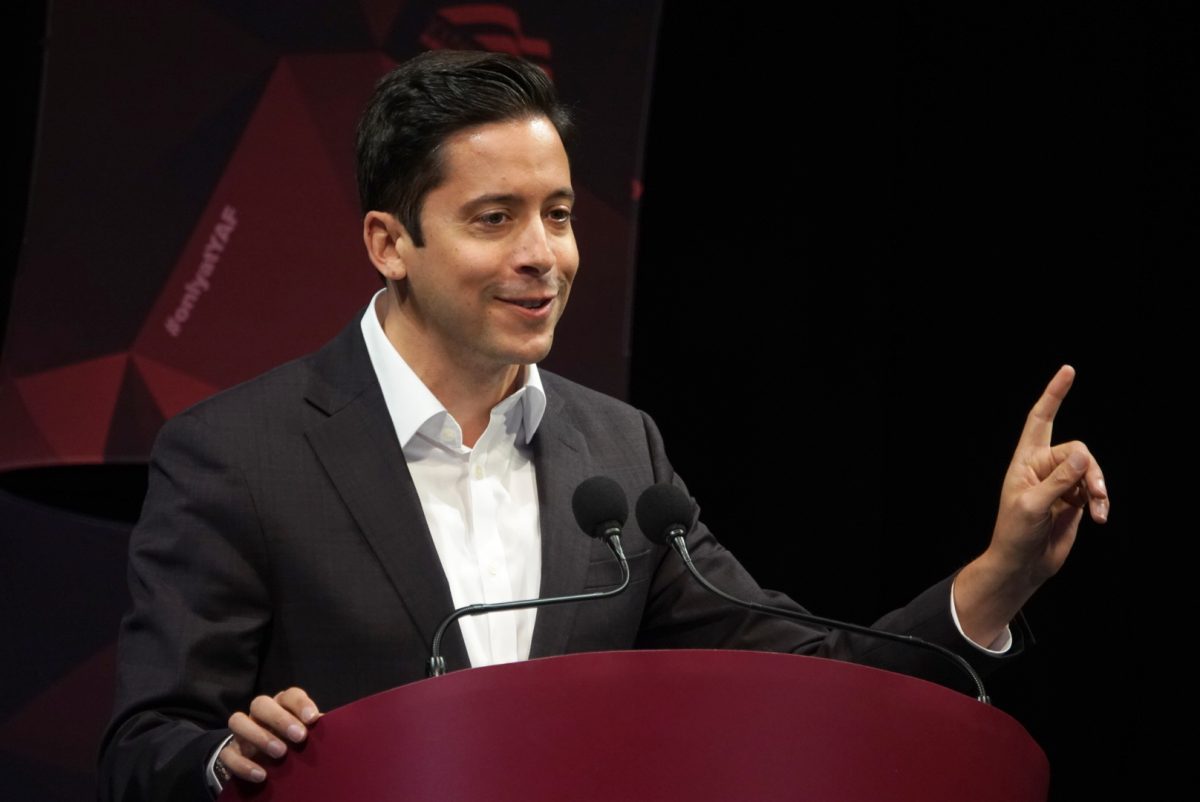
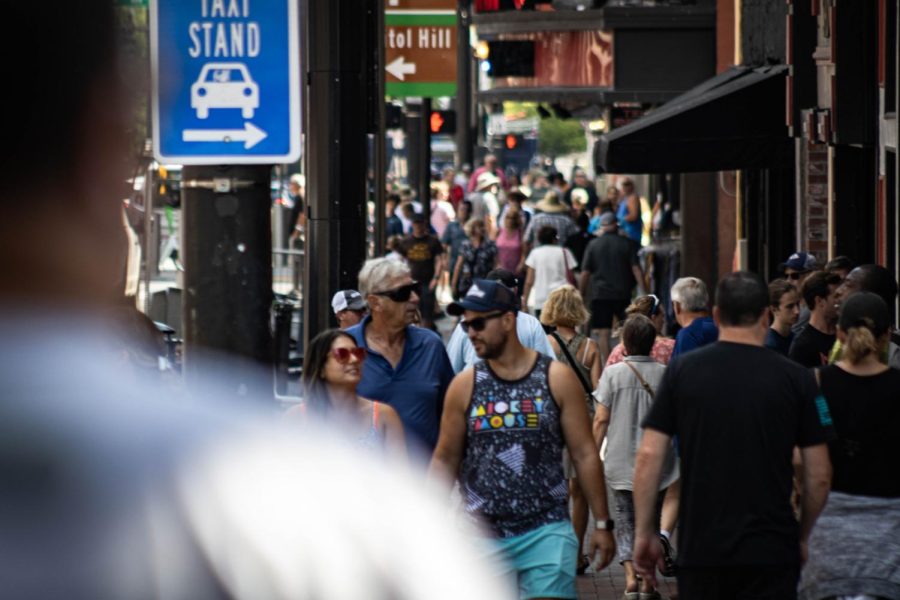
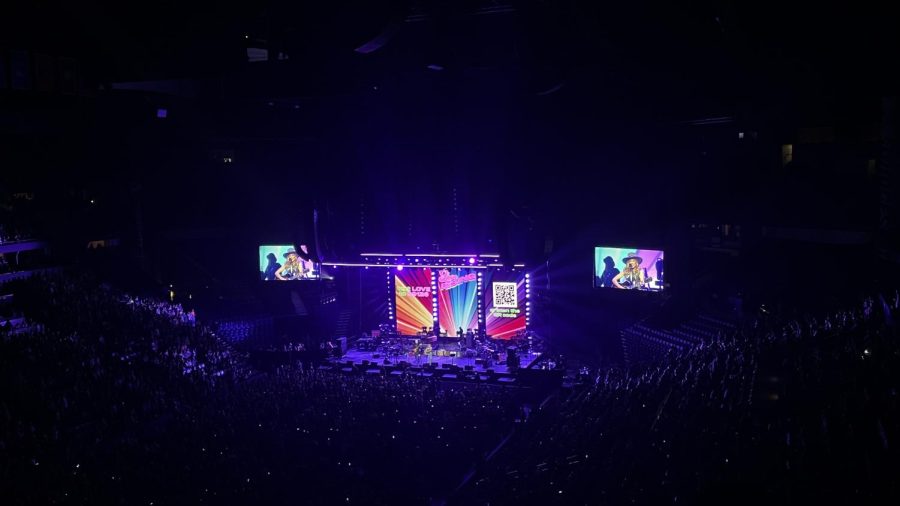
George Albu • Feb 7, 2024 at 3:50 pm CST
This honestly was quite an interesting read!